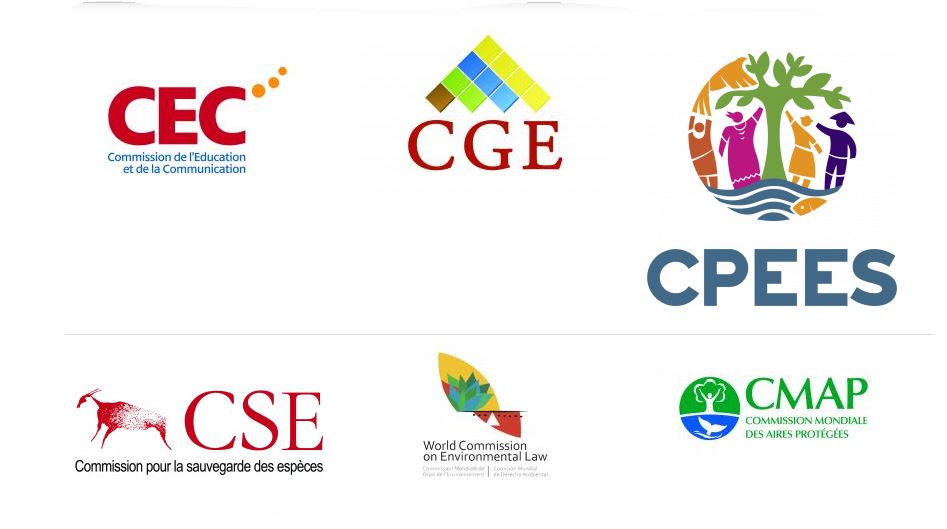Blue Carbon Policy - revisited
The International Blue Carbon Policy Working Group, co-organized by IUCN and Conservation International, revisited Blue Carbon policy recommendations. The revised Blue Carbon Policy Framework 2.0 outlines new and revised activities needed to include coastal ecosystems such as mangroves, tidal marshes and seagrasses into climate change mitigation policies and financing processes, taking into account the outcomes of the United Nations Framework Convention on Climate Change’s (UNFCCC) seventeenth Conference of the Parties (COP) in Durban and other relevant fora.

Photo: Jerker Tamelander
The report outlines policy and financial opportunities to achieve conservation, restoration and sustainable use of coastal ecosystems, and to provide disincentives to drain or damage coastal systems. The framework is intended to guide and coordinate the activities of Blue Carbon stakeholders including NGOs, government, multi-lateral institutions, private sector and research institutions from the marine and the climate change communities. It focuses on the UNFCCC, but includes recommendations for activities under the Convention of Biological Diversity, the Ramsar Convention on Wetlands as well as other regional and national governance structures.
Conserving and restoring mangroves, tidal marshes and seagrasses for their carbon value will also support the role of coastal ecosystems for climate change adaptation, local livelihoods, tourism and culture.
The International Blue Carbon Policy Working Group consists of experts in coastal science, environmental policy and economics, and project implementation from within the climate change and marine communities. The group is part of the Blue Carbon Initiative, the first integrated programme focused on mitigating climate change by conserving and restoring coastal marine ecosystems globally. The initiative is lead by Conservation International (CI), the International Union for Conservation of Nature (IUCN), and the Intergovernmental Oceanic Commission (IOC) of UNESCO, working with partners from national governments, research institutions, NGOs, coastal communities, intergovernmental and international bodies and other relevant stakeholders.
This revised report is based on the discussions held at the second Blue Carbon Policy Workshop, held 10-11 January 2012 at the European Parliament in Brussels, Belgium. This workshop was hosted by the European Parliament Intergroup “Climate Change, Biodiversity and Sustainable Development”, whose secretariat is jointly run by the European Bureau for Conservation and Development (EBCD) and the International Union for Conservation of Nature (IUCN), with the support of Conservation International Europe.
An open symposium entitled – Blue Carbon: Managing coastal ecosystems for climate change mitigation was also held the same week in Brussels by the EP Intergroup.



